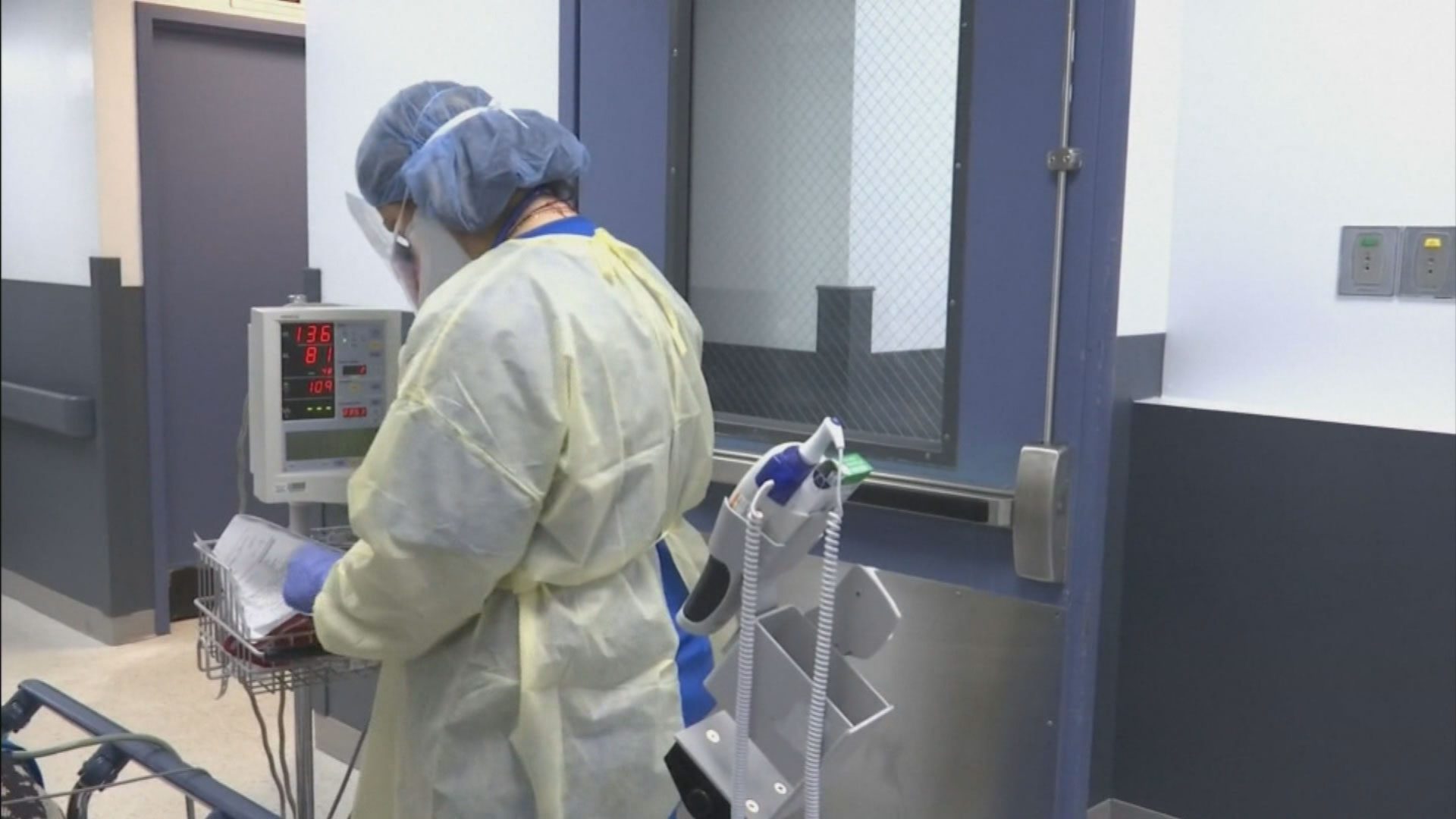Health Focus: Prioritizing Self-Care in a Busy World
In today’s fast-paced society, prioritizing health is more crucial than ever. With relentless demands from work, family, and social commitments, individuals often find themselves neglecting their well-being. The concept of self-care is not merely a trend; it is an essential practice that promotes physical, emotional, and mental wellness. As people juggle multiple responsibilities, understanding the significance of self-care becomes imperative to achieving a balanced and fulfilling life.
Understanding Self-Care
Self-care encompasses a wide array of activities and practices that individuals engage in to nurture their well-being. It is a proactive approach that encourages taking time for oneself, thereby fostering a sense of empowerment and control over one’s life. While the definition of self-care may vary from person to person, it fundamentally revolves around recognizing and responding to one’s own needs.
Engaging in regular self-care activities can alleviate stress, enhance productivity, and improve overall mood. Whether it involves indulging in a hobby, practicing mindfulness, or engaging in physical activity, these actions contribute significantly to maintaining a healthy lifestyle. Ultimately, self-care should be viewed as a vital component of daily routines rather than an afterthought.
The Importance of Mindfulness
Mindfulness has emerged as a cornerstone of self-care practices, promoting greater awareness and presence in the moment. In a world filled with distractions, the ability to remain present is invaluable. Mindfulness practices, such as meditation or deep-breathing exercises, offer individuals a reprieve from the chaos of daily life. These techniques encourage individuals to observe their thoughts and feelings without judgment, fostering emotional resilience.
Research indicates that mindfulness can lead to reduced stress levels, improved focus, and enhanced emotional regulation. By incorporating mindfulness into daily routines, individuals can cultivate a more profound sense of calm and clarity, which is essential for effective decision-making and emotional well-being.
Physical Activity as a Self-Care Tool
Regular physical activity plays a pivotal role in promoting health and enhancing the quality of life. Engaging in exercise not only boosts physical fitness but also stimulates the release of endorphins—natural chemicals that promote feelings of happiness and well-being. Whether through structured workouts, leisurely walks, or participation in recreational sports, finding enjoyable ways to stay active is essential for self-care.
Incorporating physical activity into daily routines does not have to be daunting. Simple adjustments, such as taking the stairs instead of the elevator or participating in short exercise sessions throughout the day, can make a significant difference. The key is to prioritize movement and make it a non-negotiable aspect of life, reinforcing the importance of health in daily routines.
The Role of Nutrition
Nutrition is a fundamental pillar of self-care that significantly impacts overall health. A balanced diet rich in fruits, vegetables, whole grains, and lean proteins provides the body with the essential nutrients needed to function optimally. Poor dietary choices can lead to fatigue, irritability, and a compromised immune system, making it crucial to prioritize healthy eating habits.
Mindful eating is an effective strategy that encourages individuals to be more conscious of their food choices and eating habits. By paying attention to hunger cues and savoring each bite, individuals can cultivate a healthier relationship with food. Preparing meals at home and incorporating a variety of nutritious ingredients can transform eating into a joyful and nurturing experience, further emphasizing the connection between nutrition and health.
Building a Support Network
Social connections are integral to maintaining emotional well-being and overall health. In a busy world, it can be easy to overlook the importance of nurturing relationships with family and friends. Engaging in meaningful conversations, sharing experiences, and seeking support during challenging times can foster a sense of belonging and security.
Establishing a reliable support network can alleviate feelings of isolation and provide a valuable outlet for expressing emotions. Whether it’s participating in group activities, joining clubs, or simply reaching out to loved ones, nurturing connections can enhance one’s sense of community and contribute to overall happiness, which is essential for sustained health.
Setting Boundaries
In the quest for self-care, it is essential to establish boundaries that protect one’s time and energy. The tendency to overcommit can lead to burnout and diminished well-being. Learning to say no and prioritizing personal needs are crucial components of maintaining a healthy balance.
By setting clear boundaries, individuals can allocate time for self-care without feeling guilty. This practice allows for uninterrupted moments of rest and rejuvenation, enabling individuals to recharge and approach life with renewed vigor, ultimately reinforcing their commitment to health.
In Conclusion, In a world characterized by constant busyness, prioritizing health through self-care is not merely beneficial; it is essential. By embracing mindfulness, engaging in regular physical activity, making conscious dietary choices, fostering social connections, and establishing boundaries, individuals can cultivate a holistic approach to well-being. The journey toward better self-care is a personal one, but the rewards of improved health and enhanced quality of life are universally valuable. Ultimately, prioritizing self-care paves the way for a more balanced, fulfilling, and healthier existence in today’s demanding environment.



